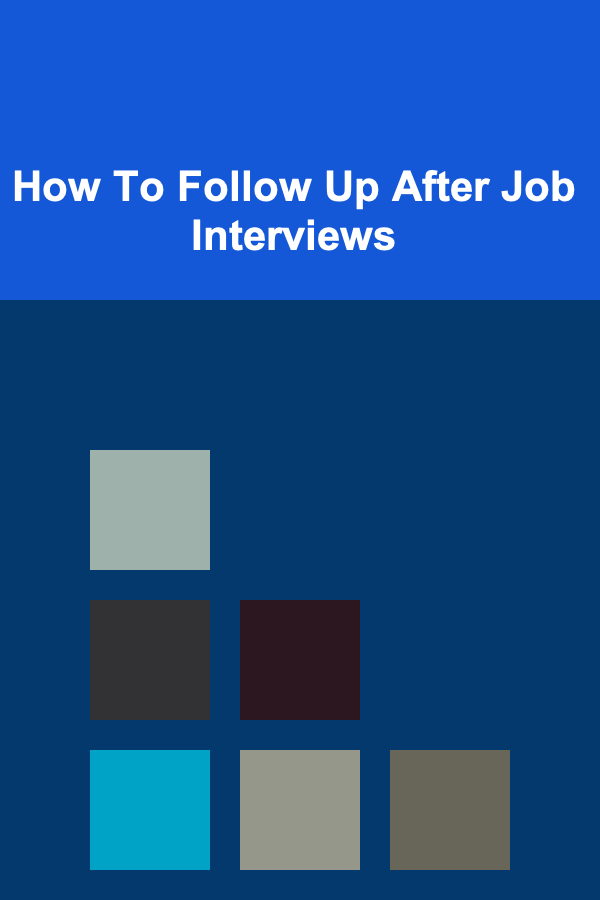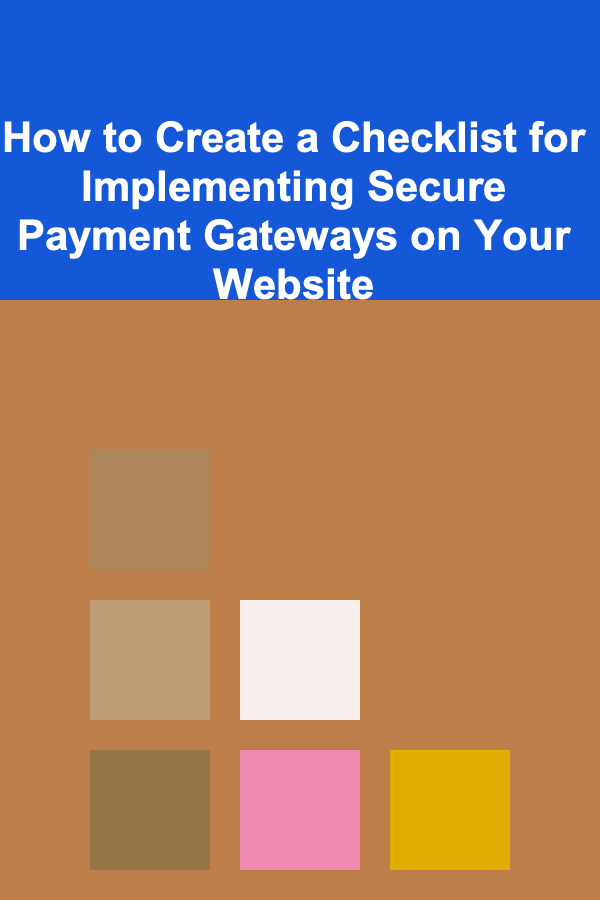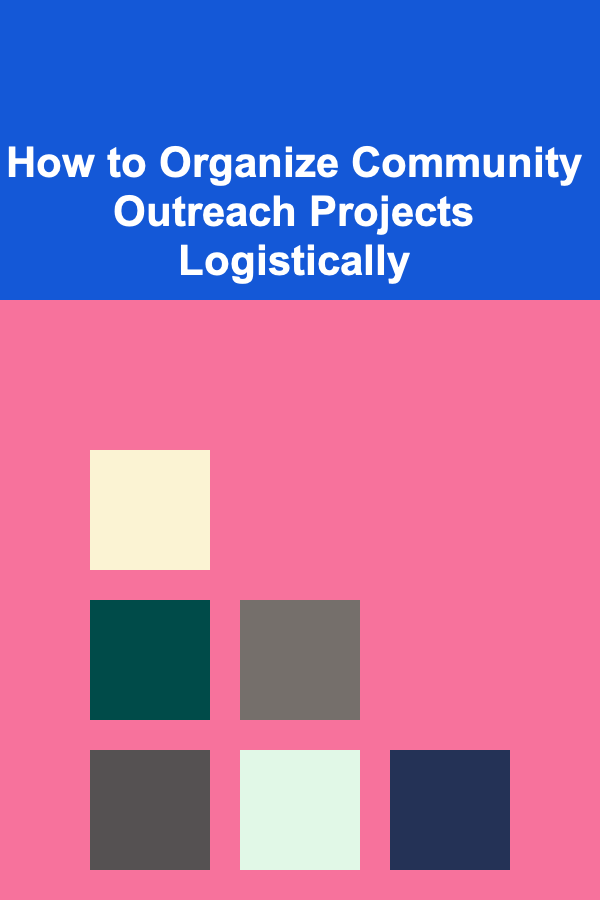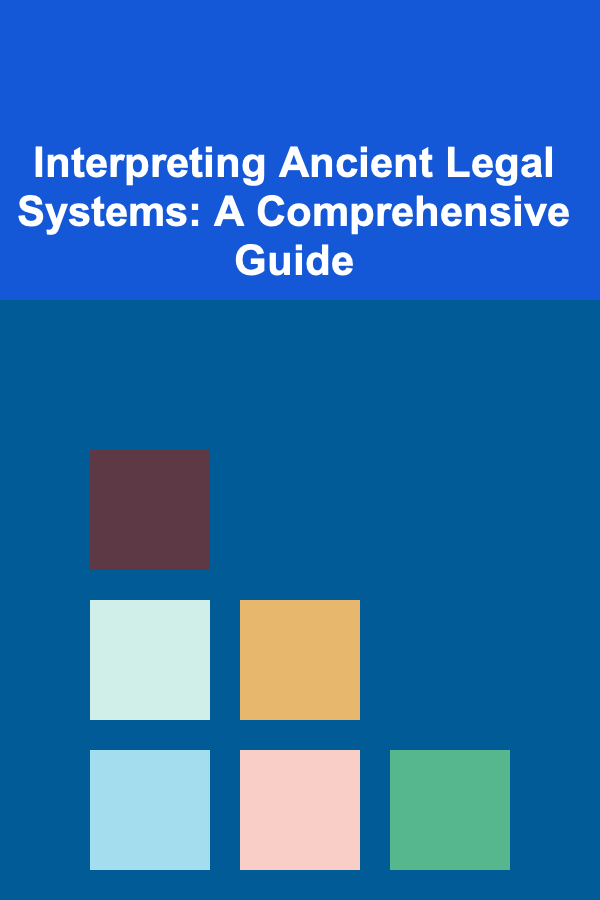
How To Follow Up After Job Interviews
ebook include PDF & Audio bundle (Micro Guide)
$12.99$11.99
Limited Time Offer! Order within the next:

After a job interview, the next step often feels unclear. You may be eager to hear back but unsure how or when to follow up. A well-executed follow-up not only shows professionalism but can also reinforce your interest in the position and give you an edge over other candidates. It's essential to strike the right balance between enthusiasm and patience, and understanding the key nuances of following up can make all the difference in the hiring process.
In this article, we'll explore the various strategies and best practices for following up after job interviews. From timing your follow-up to crafting the perfect email, we will provide you with the tools and insights needed to navigate this crucial step.
The Importance of Following Up
Following up after a job interview is more than just a courtesy; it is a strategic move. Here are several reasons why follow-ups are essential:
- Demonstrates Enthusiasm and Interest: Following up shows that you are eager to work with the company. It confirms your interest in the role and signals that you are serious about the opportunity.
- Shows Professionalism: Employers appreciate candidates who demonstrate good communication skills and a professional demeanor, both of which are highlighted by a thoughtful follow-up.
- Provides an Opportunity to Clarify: Sometimes, you may think of additional points or clarifications after the interview. A follow-up allows you to address these thoughts, further reinforcing your qualifications.
- Keeps You Top of Mind: Hiring decisions can take time, and candidates are often forgotten among a pool of applicants. A follow-up email reminds the hiring manager of your interest and qualifications, keeping you in their thoughts.
- Creates Networking Opportunities: Even if you don't get the job, following up in a positive manner can help build relationships that may lead to future opportunities within the company or through the hiring manager's network.
When to Follow Up
Timing is crucial when following up after a job interview. Follow-ups should be prompt but not immediate. Here's a breakdown of optimal follow-up timelines:
1. The Day After the Interview
A day after the interview is a perfect time to send a quick thank-you note or email. This follow-up serves to express gratitude and reinforce your interest. It's a courteous gesture that shows your professionalism and appreciation for the interviewer's time. You can keep this message brief and to the point.
2. One Week After the Interview
If you haven't heard back after your initial follow-up, waiting a week before reaching out again is ideal. One week is long enough for the hiring team to make decisions but not so long that you risk being forgotten. In this follow-up, you can politely ask for an update on the hiring timeline and reaffirm your interest in the position.
3. Two Weeks After the Interview
If two weeks have passed since your last communication and you still haven't received an update, it's acceptable to send a polite follow-up. At this stage, you can express continued interest in the role and inquire about the status of your application. However, be mindful of not sounding too impatient.
4. Avoid Over-Following Up
While it's essential to follow up, following up too frequently can appear desperate or unprofessional. Limit your follow-up emails to two or three, spaced out appropriately over time. A balance between persistence and patience is key.
Crafting the Perfect Follow-Up Message
The key to an effective follow-up email is clarity, brevity, and professionalism. Below, we provide tips and templates to help you craft a compelling and polite message.
1. Thank You Email -- Post Interview
This is the first follow-up you should send, ideally within 24 hours of the interview.
Key Elements:
- Express gratitude: Thank the interviewer for their time and the opportunity to speak with them.
- Reiterate your interest: Confirm that you're excited about the position and the company.
- Personalize the message: Reference specific details from the interview that were significant, such as shared values, relevant projects, or key discussions.
Template:
Dear [Interviewer's Name],
I would like to take a moment to thank you for the opportunity to interview for the [Job Title] position at [Company Name]. It was a pleasure speaking with you and learning more about the exciting work your team is doing.
I am even more enthusiastic about the possibility of joining your team, particularly after discussing [specific aspect of the role or conversation]. I believe my experience in [relevant skills] would enable me to contribute effectively to [specific project or goal].
Thank you again for your time, and I look forward to the possibility of working together.
Sincerely,
[Your Name]
[Your Contact Information]
2. Follow-Up Email -- One Week Later
If you haven't heard back after your thank-you email, a polite follow-up is the next step.
Key Elements:
- Polite tone: Maintain professionalism, and avoid sounding frustrated or demanding.
- Ask for updates: Inquire about the status of the hiring process, without being too persistent.
- Reaffirm your interest: Restate your enthusiasm for the role and how you can contribute to the company.
Template:
Dear [Interviewer's Name],
I hope this email finds you well. I wanted to follow up on my interview for the [Job Title] position at [Company Name] last [day of the week]. I remain very interested in the opportunity to contribute to your team, and I am eager to learn about the next steps in the hiring process.
If there are any additional materials or information I can provide, please don't hesitate to reach out. I understand that these decisions take time, and I appreciate your consideration.
Thank you again for your time and the opportunity to interview for this exciting role.
Sincerely,
[Your Name]
[Your Contact Information]
3. Final Follow-Up -- Two Weeks Later
If you haven't received a response after your initial follow-up, a second polite check-in can be made two weeks after your interview. This is the final communication you should send before concluding your pursuit.
Key Elements:
- Polite inquiry: Ask if a decision has been made or when you can expect to hear back.
- Professional and respectful: Acknowledge that decisions may take time, but express continued interest.
- Thank them again: Reinforce your appreciation for their time and consideration.
Template:
Dear [Interviewer's Name],
I hope you are doing well. I wanted to reach out one final time regarding my application for the [Job Title] position at [Company Name]. I understand that the hiring process can take time, and I wanted to check in to see if there have been any updates or decisions made regarding the position.
I remain very interested in joining your team, and I appreciate the opportunity to have interviewed with you. If you require any further information, please don't hesitate to contact me.
Thank you once again for your time and consideration.
Sincerely,
[Your Name]
[Your Contact Information]
Best Practices for Following Up
While sending follow-up emails is essential, there are several best practices to keep in mind when navigating this process:
1. Be Professional in Your Tone
Always maintain professionalism, even if you're feeling anxious or frustrated. Use polite language, avoid slang or overly casual phrasing, and keep your message concise.
2. Personalize Your Follow-Ups
A generic follow-up message can come across as lazy or insincere. Personalize your message by referencing specific details from the interview. This demonstrates that you paid attention and are genuinely interested in the company.
3. Be Mindful of the Company's Timeline
If the company indicated a specific timeline during the interview, be mindful of it. For example, if they said they would make a decision in two weeks, don't follow up before that time frame unless you have a compelling reason.
4. Proofread Your Emails
Before hitting send, double-check your emails for grammatical errors and typos. A follow-up email with errors can make you appear careless or unprofessional.
5. Respect the Hiring Process
While follow-up is important, be respectful of the company's timeline and decision-making process. Over-following up can appear impatient or desperate. It's important to strike the right balance between enthusiasm and patience.
6. Avoid Excessive Communication
One follow-up after the interview and another after a week or two is typically sufficient. Avoid bombarding the interviewer with multiple emails, as it may be perceived as pushy.
7. Consider the Company Culture
Some companies may have a more relaxed or informal culture, while others are more formal and structured. Be sure to adapt your communication style to match the company's culture, which you can gauge based on the tone of the interview and the company's online presence.
Conclusion
Following up after a job interview is an essential step in the hiring process. By demonstrating gratitude, reinforcing your interest, and staying professional, you can create a lasting impression that could set you apart from other candidates. Whether you're sending a thank-you note, requesting an update, or finalizing your interest, being thoughtful and respectful in your communication is the key to success.
Remember, timing, tone, and professionalism matter. If done right, a follow-up can strengthen your candidacy and potentially open doors to your next great opportunity.

How to Create a Checklist for Implementing Secure Payment Gateways on Your Website
Read More
How to Keep Your Drawer Tools Clean and Organized
Read More
How to Organize Community Outreach Projects Logistically
Read More
How to Scale Your T-Shirt Business with a Limited Budget
Read More
How to Interpret EV Battery Degradation Over Time
Read More
Interpreting Ancient Legal Systems: A Comprehensive Guide
Read MoreOther Products

How to Create a Checklist for Implementing Secure Payment Gateways on Your Website
Read More
How to Keep Your Drawer Tools Clean and Organized
Read More
How to Organize Community Outreach Projects Logistically
Read More
How to Scale Your T-Shirt Business with a Limited Budget
Read More
How to Interpret EV Battery Degradation Over Time
Read More